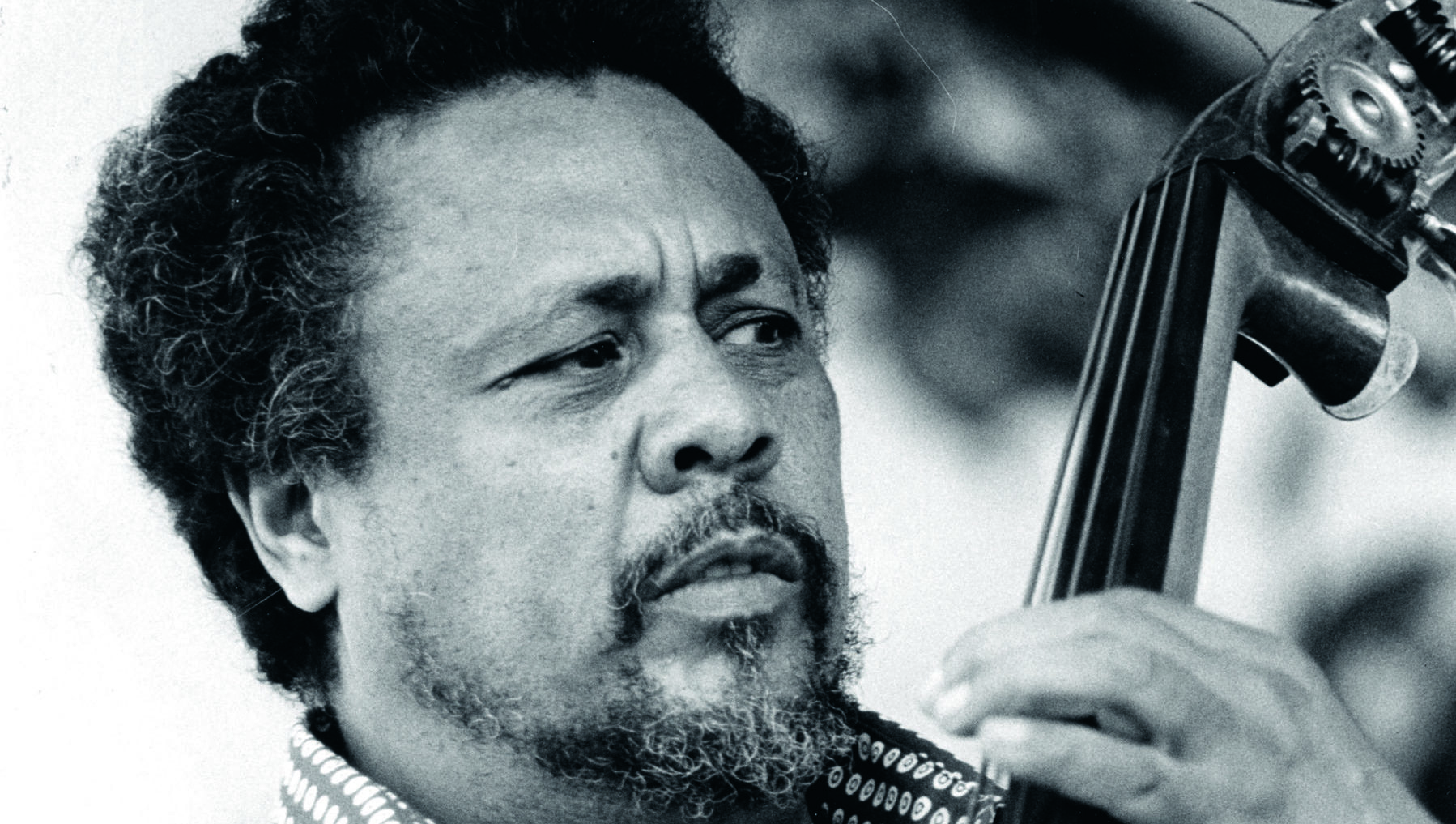From a young age, Charles Mingus had designs on being a classical musician. He grew up in Watts, LA, in a household that celebrated Ravel and Bach along with church music. The cello was his instrument of choice, but as he entered his teens it became clear that classical conservatoires were not inclined to make space for black musicians, and so he pivoted to the double bass, and to jazz, hoping to emulate the success of his hero Duke Ellington.
He discovered a knack for composition early on, and had enough prowess on stage to establish himself as a band leader.
In 1952 he moved to New York City, just as the likes of Miles Davis and Sonny Rollins were making waves and the whole scene was heating up. Mingus is an imposing figure in jazz music, literally and figuratively. His short temper on stage, with the band and the audience, earned him the nickname ‘the angry man of jazz’.
He chased hecklers down the street, he destroyed his own double bass in the middle of a gig, he fired a gun on stage when the band wasn’t playing up to scratch. He once punched the trombonist Jimmy Knepper and damaged his teeth so badly he could no longer play at the top octave range. Stories like this, along with his talent for writing music (he called it a “gift from God”) and his fearless dexterity on the bass has proved rich pickings for many biographers.
Of the countless books on Mingus you could choose to read, all of them will likely tell you more about the man than his own book, Beneath the Underdog, first published in 1971. It’s an absorbing read, coarse and confrontational, but I get the impression that Mingus feels no duty to give away secrets beyond what he gives us on stage – the opening chapter features a conversation with his psychiatrist where the doctor notes “You’re a good man Charles, but there’s a lot of fantasy and fabrication in what you say.” And from there the pages fill with sex and swagger, hyperbolic anecdotes and bar room bravado, with occasional hazy glimpses of the alienation Mingus felt, from white America, from black America and from the jazz world itself. It’s a life story as a pulp novel, and with each reading I feel a little more alienated from him myself.
His carefully curated memoir stands in stark contrast to his music, which was for the most part created to be performed live and reinvented every night. The bandstand was his laboratory. He was constantly tweaking and appraising, trying to make the music sound as though it lived and breathed of its own accord. Even during the bebop era, one of the most innovative periods in jazz, next to his pioneering peers like Dizzy Gillespie, Bud Powell and Charlie Parker, Mingus obliterated convention.










